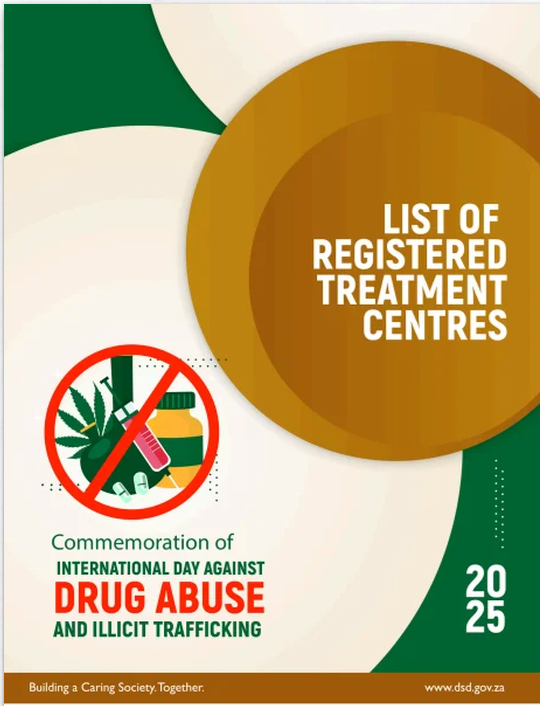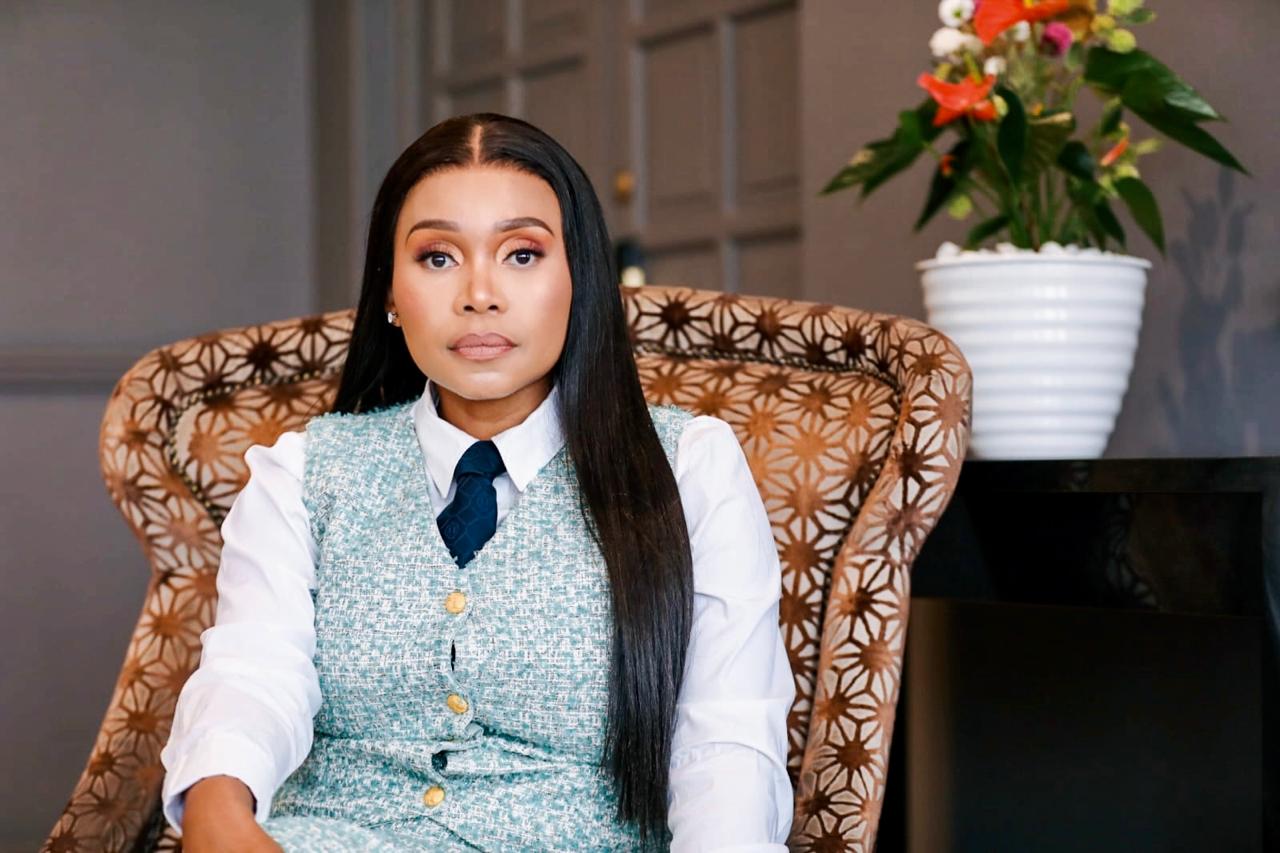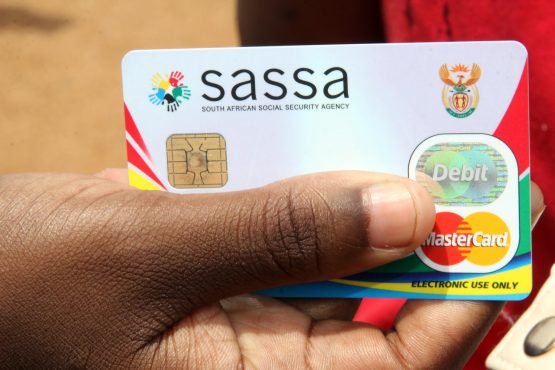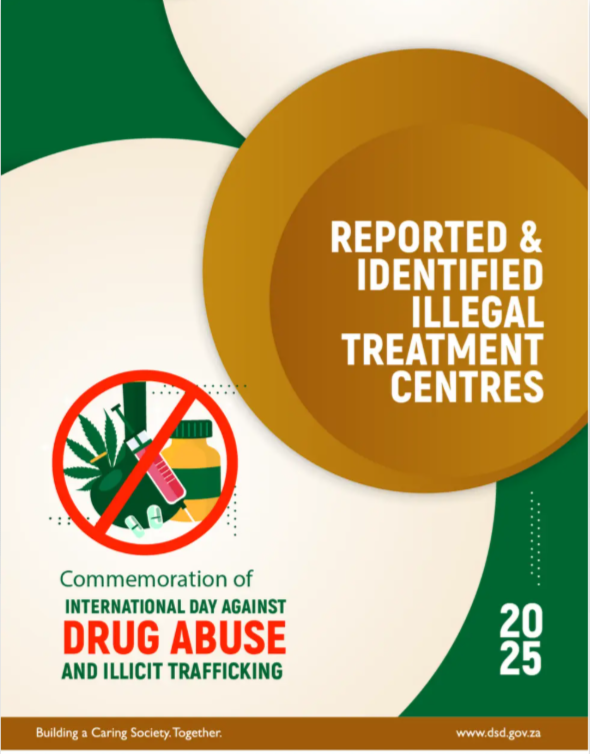Monday, 04 November 2024 | Lagoon Beach Hotel, Cape Town
_________________________________________________________________________
Programme Director, Mr Jabbar Cassiem Mohamed;
Western Cape MEC of Social Development, Mr Jaco Londt;
Senior officials from national and provincial departments here present;
Representatives of civil society and community-based organisations;
Ladies and Gentlemen, friends and colleagues.
1. Good morning. It is my great pleasure to join you all of you here today for the handover of the report that contains inputs gathered during the public hearings on the Draft Policy on Social Development Services for Persons with Disabilities. I am pleased to hand the first of the nine provincial reports here in the Western Cape, my home province. The report contains key issues that were raised by individuals and organisations representing persons with disabilities during the public hearings on the development of the Draft Policy on Social Development Services to Persons with Disabilities.
2. The Minister of Social Development has delegated the disability function to me as part of my responsibilities in the Department of Social Development. I therefore welcome the opportunity to meet and interact with you here today. I look forward to working with many of you in the sector over the next five years in bringing this Policy to life, as well as in addressing many of the issues that are raised in this report.
3. The Policy reinforces the White Paper on the Rights of Persons with Disabilities and reaffirms our Department’s commitments to provide a range of services that support independent living and inclusion in society on an equal basis with others. Persons with disabilities themselves and their representative organisations have been central to the development of the Policy and I thank all of you for your contributions to this process.
4. The Policy intends to mainstream disability issues in all programmes in order to qualitatively improve the lives of persons with disabilities by rendering community-based services to address stigma and discrimination of persons with disabilities and strengthening families and communities as the first of line of response in protecting and promoting the rights of persons with disabilities; and break the barriers which segregate people with disabilities and force them to the margins of society.
5. Ladies and Gentlemen, it is timely that we hand over this report here today just a day after the official launch of the National Disability Rights Awareness Month under the theme: “Celebrating 30 years of Democracy, creating a disability inclusive society for a better quality of life and protection of the rights of persons with disabilities”. Since 2013, South Africa has been annually commemorating the National Disability Rights Awareness Month (DRAM) from 3 November - 3 December to promote the human and socio-economic rights of persons with disabilities.
6. The purpose of commemorating the National Disability Rights Awareness Month is to educate the public about disability issues, to take stock of progress and to celebrate the many and varied contributions of persons with disabilities in South Africa. According to the 2022 Census, sex variations showed that disability was more prevalent among females compared to males, a pattern consistent in both Censuses 2011 and 2022.
7. Currently, the national disability prevalence rate in South Africa is at 7,5%. Disability is more prevalent among females compared to males (8,3% and 6,5% respectively). Persons with disabilities increase with age. More than half (53,2%) of persons aged 85+ reported having a disability. Over the period 2011–2022, the black African and coloured populations recorded a decline in disability prevalence.
8. Western Cape is the only province that experienced a slight increase in 2022 in terms of disability prevalence compared to all other provinces, from 5,3% in 2011 to 5,4% in 2022. The 2022 results indicated a decrease in the use of all assistive devices compared to 2011, with the exception of prosthesis/artificial limb which was not one of the assistive devices measured in Census 2011.
9. Ladies and Gentlemen, persons with disabilities occupy a very special place in the Constitution of the Republic of South Africa, which enjoins us to do all that we can to create an enabling environment to protect and promote the human and socio-economic rights of persons with disabilities, as well as create an enabling environment to ensure their full and equal participation in all spheres of our national life. The Constitution of the Republic of South Africa (Act No. 108 of1996) provides that everyone is equal before the law and has equal protection and benefit of the law.
10. The Constitution further provides that everyone has the right to have their dignity respected and protected. And that is why we deemed it fit to come back here in the Western Cape to hand over this report, which contains the concerns and aspirations of persons with disabilities. When we conduct public hearings, as our legislative processes so requires of us, we do not do it with malicious intent, but we do so genuinely to hear the voices and lived experiences of those that our laws are made to benefit.
11. South Africa has ratified several international conventions that require the extension of social security to specific categories of the population including the right to social security for all children. Social protection plays a key role in realising the rights of persons with disabilities of all ages: providing them with an adequate standard of living, a basic level of income security; thus, reducing levels of extreme poverty and vulnerability.
12. Our social assistance programme is designed to address challenges faced by persons with disability across the lifecycle: there is a Care Dependency Grant for children with disabilities, a Disability Grant for those aged between 18 and 59 years, and an Old Age Grant for those aged 60 years and above. In addition, recipients of the Disability and Old Age Grant can access the Grant-in-Aid for caregivers who provide care and support.
13. The report and high-level action that we are handing over to MEC Jaco Londt here today seek to build on the successes we have registered thus far and ensure the full participation of persons with disabilities in the social life of their families and communities. The report specifically calls for access to mainstream, inclusivity and accessibility for persons with disabilities.
14. The report argues, strongly and convincingly, for investment in educational, capacity building, skills development, employment and funding opportunities to ensure the full participation of persons with disabilities in the social life of their families and communities. It further calls for the provision of assistive devices, including wheelchairs and hearing aids
15. The high-level action will be published and fully accessible. Progress will be monitored regularly and we will all be held accountable for our pledges. It is my believe that the high-level action plan from this report once implemented will ensure inclusion and full participation of persons with disabilities. Ensuring full inclusion of persons with disabilities in all aspects of national life is a journey, not a destination. As the Deputy Minister of Social Development, I stand ready to walk this journey with you and all MECs in their respective provinces to implement the high-level action in the coming months.
Ladies and Gentlemen, it is now my pleasure to officially handover this report to the MEC of Social Development in the Western Cape, Mr Jaco Londt.
Thank you very much for your attention.
Warm regards,
Internal Communication





